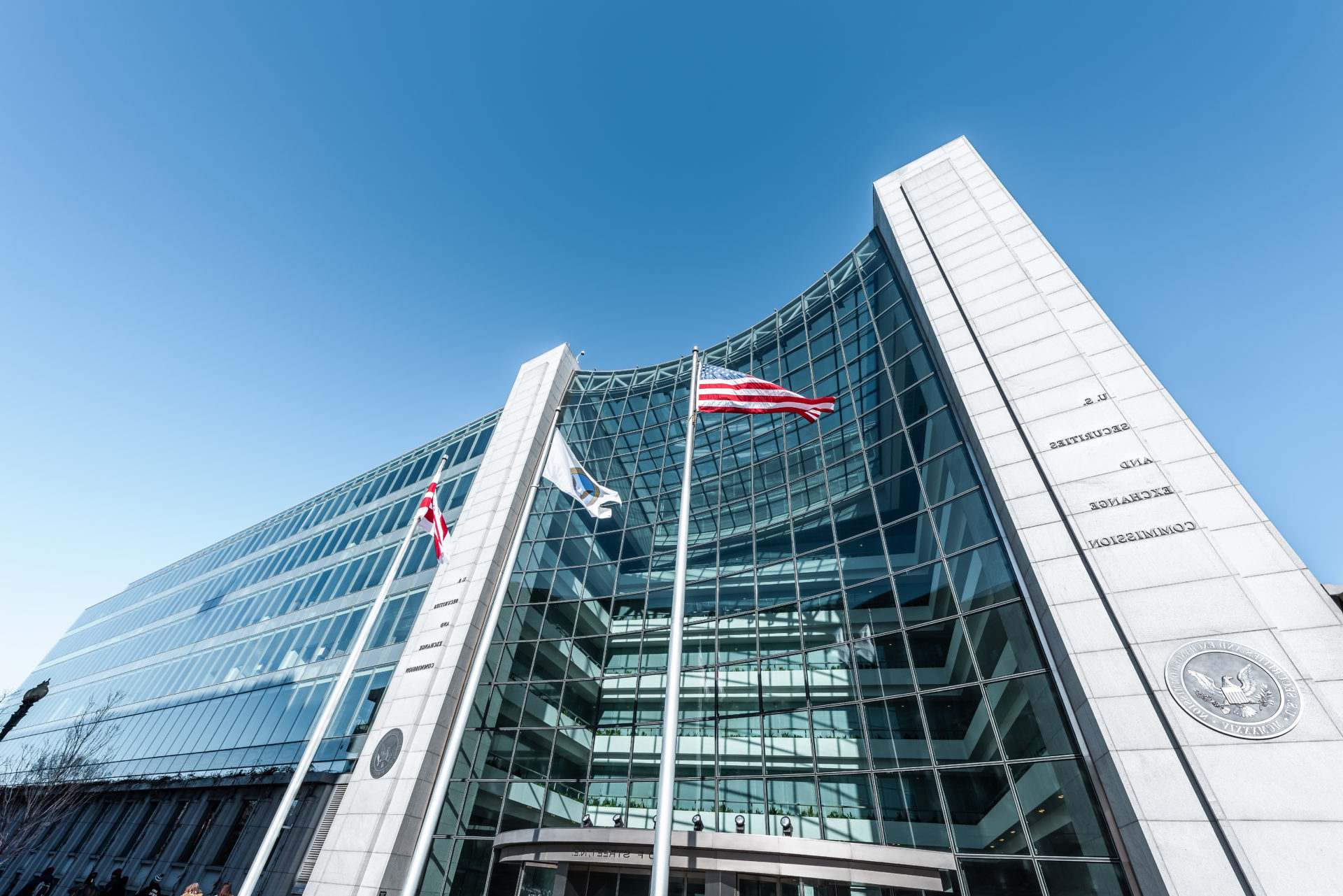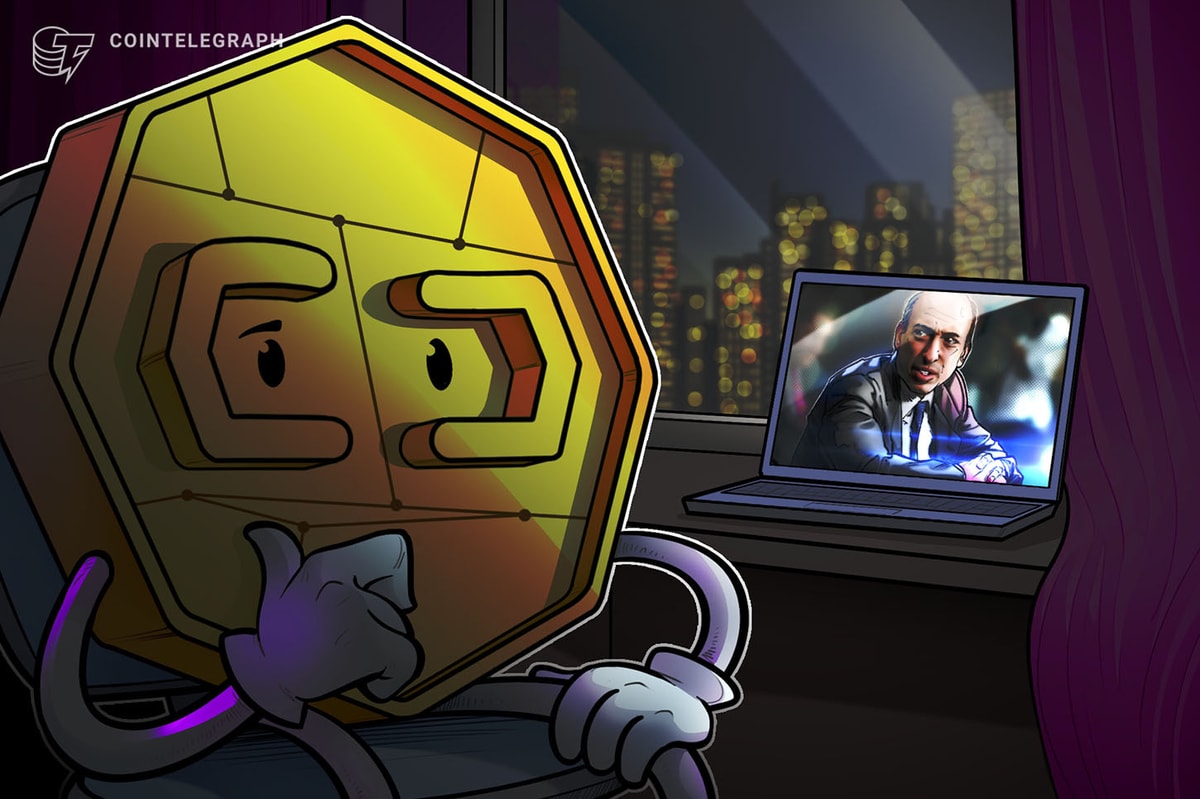U.S. District Judge Raymond Dearie said today the government is permitted to proceed in a criminal case concerning two fraudulent ICOs, a situation the prosecution says falls under securities laws.
In Brooklyn, New York, District Judge Raymond Dearie affirmed securities laws could be pertinent in a case concerning two fraudulent ICOs.
The decision was seen as a big win for prosecutors, who have mentioned how the case is one of the first of its kind.
The circumstances of the case surround the actions of Brooklyn-based businessman Maxim Zaslavskiy, who was charged with one count of conspiracy and two of securities fraud after engaging in a scheme to defraud investors in two ICOs.

Promises Made & Promises Not Kept
Last year, Zaslavskiy was accused of selling unregistered securities related to companies called REcoin Group Foundation and DRC World.
An SEC report said Zaslavskiy misrepresented the amount of money REcoin as able to raise, claiming the company took in $2-4 million dollars. The actual amount was closer to $300,000.
Zaslavskiy allegedly told investors in both companies to expect “sizeable returns.”
However, court documents said his promises were full of hot air.
Judge Dearie noted in his ruling how Zaslavskiy’s claims that the companies were backed by investments in diamonds and real estate “or any coin, tokens, or currency of any imaginable sort,” was not true at all.
In the case, Zaslavskiy argued the ICOs were not securities, but rather currencies, and asserted current securities laws were still too vague when it comes to ICOs. He also asked to have the case dismissed.
Prosecutors have maintained through the proceedings how the investments were contracts that are seen as securities under current law.
Speaking specifically, about the particulates of the ICOs attributed to Zaslavskiy, Judge Dearie noted how:
Simply labeling an investment opportunity as a ‘virtual currency’ or ‘cryptocurrency’ does not transform an investment contract — a security — into a currency.
Judge Dearie also wrote on Tuesday how federal securities laws should be “flexibly” interpreted.
Still, he maintained it was up to the jury to make a decision about if the ICOs at hand are actually securities but reportedly mentioned how the indictment’s allegations would seem to support a labeling as securities.

A Big Precedent For The Future?
Even though the comments expressed by Judge Dearie were only about the particulars of the case at hand, some think the decision could have broader ramifications.
Professor Peter Henning of Wayne State University’s law school pointed out in an interview how the ruling “affirms the SEC’s position that it has authority over ICOs.”
SEC Chief Jay Clayton said in a March interview how “many ICOs and many of the ones I’ve looked at specifically are securities.”
Even though he remarked how “the fundamentals of our securities laws do apply in this space,” Clayton still sees cryptocurrency as a “technology with great promise.”
In June, SEC Director of Corporate Finance William Hinman announced at a conference that Bitcoin and Ethereum are not securities.
He also explained how no matter an ICO is called, it “will not take it out of the purview of the U.S. securities laws.”
What do you think about the ruling from Judge Dearie? Let us know in the comments!
Images courtesy of Shutterstock, Bitcoinist archives.











